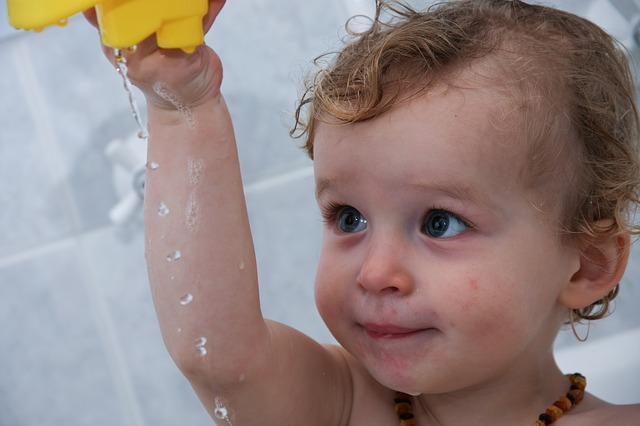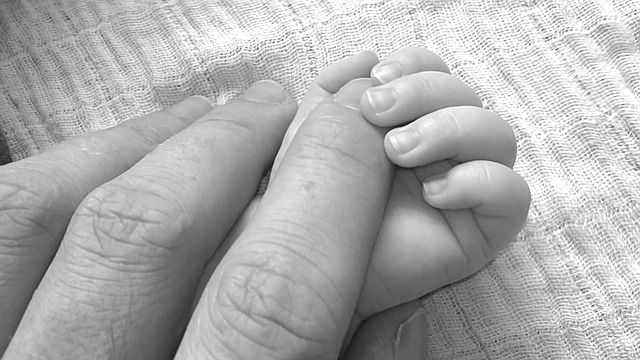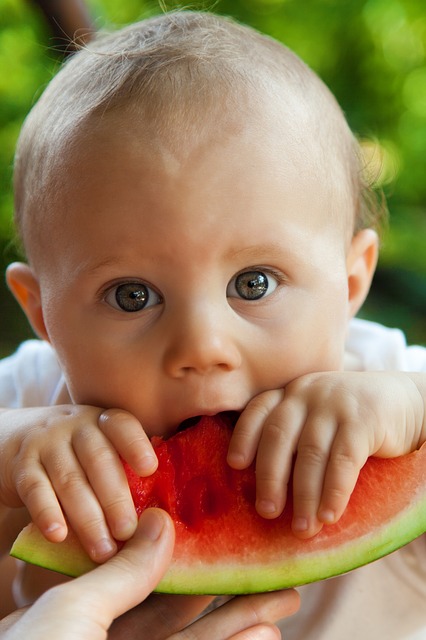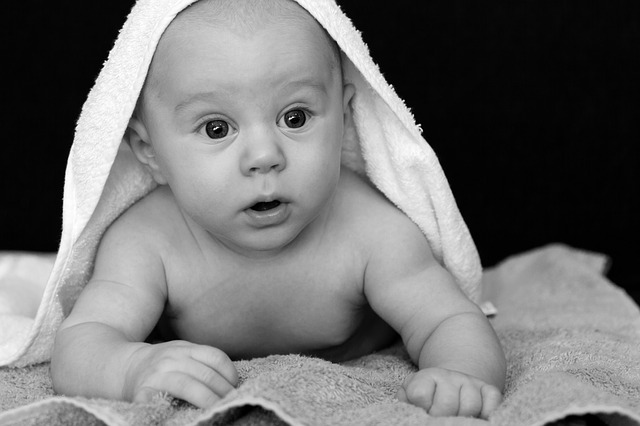16 Dec How To Deal With Baby’s Eczema

Seeing the first signs of eczema on your beautiful newborn’s skin can be a shocking, even devastating moment. When my eldest daughter developed eczema at just 2 months, I remember being so upset that this horrible condition was affecting her skin and also feeling really helpless, as I just didn’t know what to do about it. I didn’t want to put harsh chemicals on her delicate skin, but I didn’t know how else to help her, or how to prevent future outbreaks. It is terrible to watch your child go through pain or illness at any stage, but all the more so when they are a tiny baby.

Being a trained researcher, and moreover a concerned mum, I set about finding out as much as I could as quickly as possible. We were soon able to control our daughter’s condition and, thankfully, her outbreaks have been minimised by simple actions that everyone can take. It was empowering to find that the little things we did had an immediate effect on her comfort, and they began to calm her eczema within days. Of course, it depends on how severe your little one’s eczema is, as to how easily these preventative methods can impact on it, but they are definitely worth a try.
Here are the things that worked for us
- Try to give only organic, unprocessed foods and avoid known eczema-stressors and allergens like wheat, dairy and red meat for as long as possible.

- Dress your baby in loose, cotton clothes, preferably without seams on the inside, and check for nickel-free poppers etc. Always wash clothes at least twice before wearing to remove formaldehyde etc. Buy organic if possible.
- Use cloth nappies and small muslin or terry squares instead of harsh chemical wipes.
- Switch to a un-fragranced, non-bio, gentle detergent, preferably organic and double rinse clothes to remove all traces of chemicals.
- Only bathe baby once or twice a week and make sure the water is only lukewarm.
- Do not use any commercial preparations on your baby’s skin; just apply an emollient cream like Aproderm after a bath when the skin is still damp.
- Use a soft cotton towel to pat baby’s skin dry, do not rub.
- Babies’ hair is unlikely to need washing, just rinse the head with bath water, and apply an oil like flaxseed to prevent or treat cradle cap.
- Trim baby’s nails regularly to prevent scratching.
- Keep windows open all the time, even in winter to allow air to circulate and to make sure the air is not too dry from central heating. Avoid air conditioning as much as possible.
- Avoid putting too many blankets on your baby or overdressing them when you go out. Try to avoid being out for too long if it is very hot or very cold.
- Ensure the home is peaceful, and practice calm, responsive parenting as stress is often a trigger in eczema flare-ups, even in babies.
- Make sure bedding is cotton only, and always loose. We found our daughter always pushed the covers off anyway, so we put warmer pyjamas on her and left the covers off.

- If it is very hot, wearing nothing day and night is fine, just check baby isn’t too cool by feeling their back or chest with the back of your hand.
- When baby begins to eat solids, introduce one food type at a time via baby led weaning so you can check for eczema flare-ups.
- Consider consulting a homeopath for further advice, as their success treating eczema in babies and young children is well-documented.



Sorry, the comment form is closed at this time.